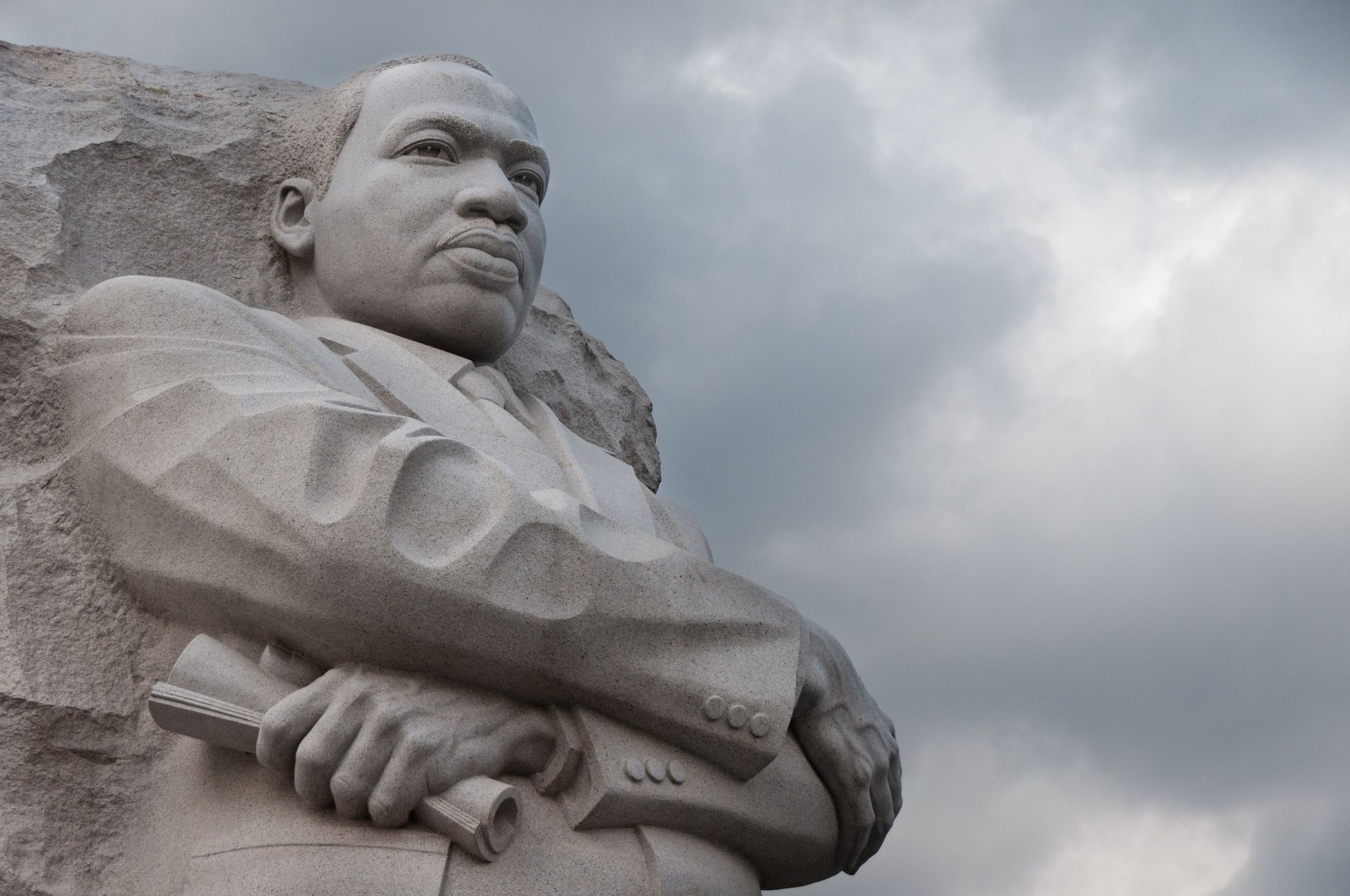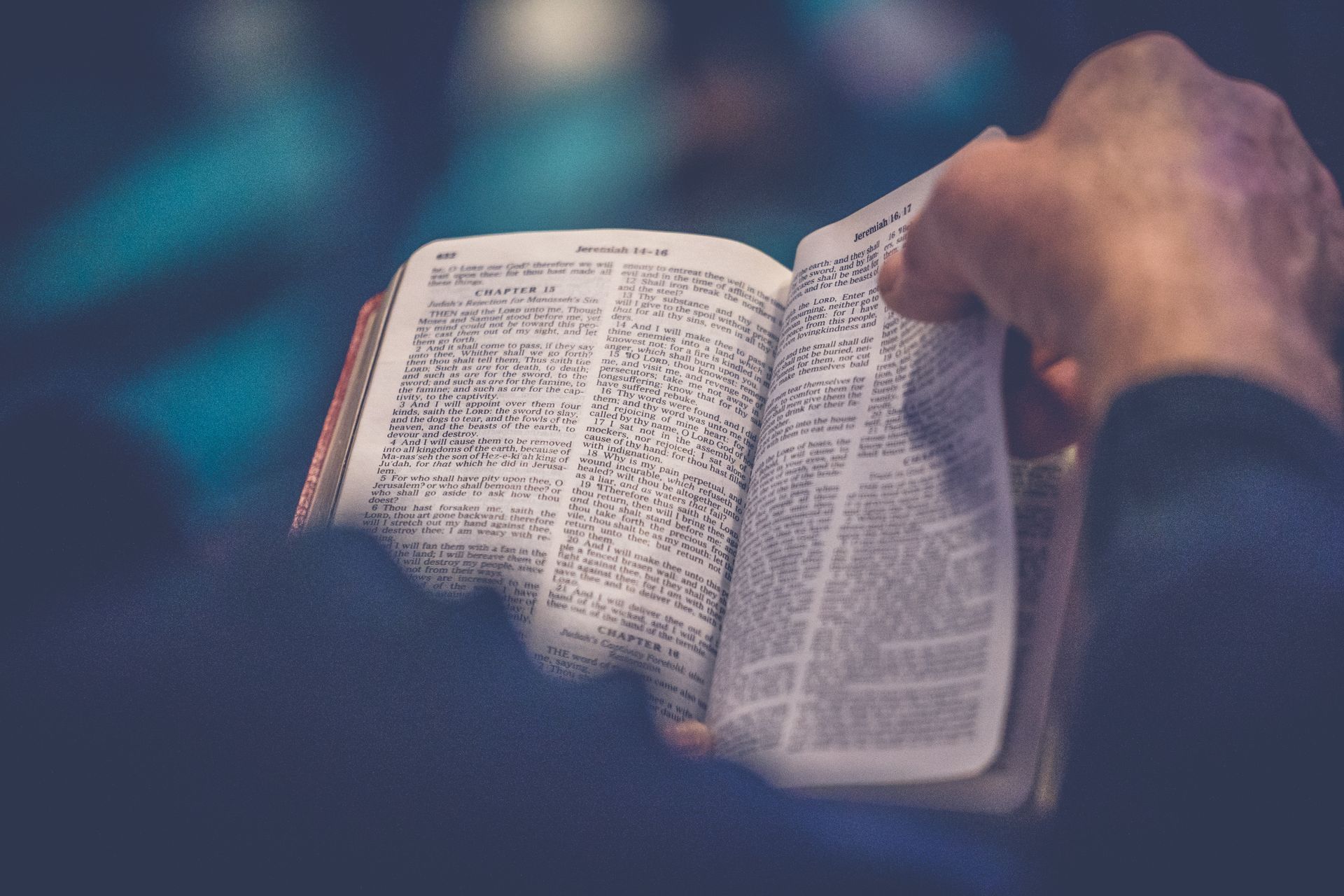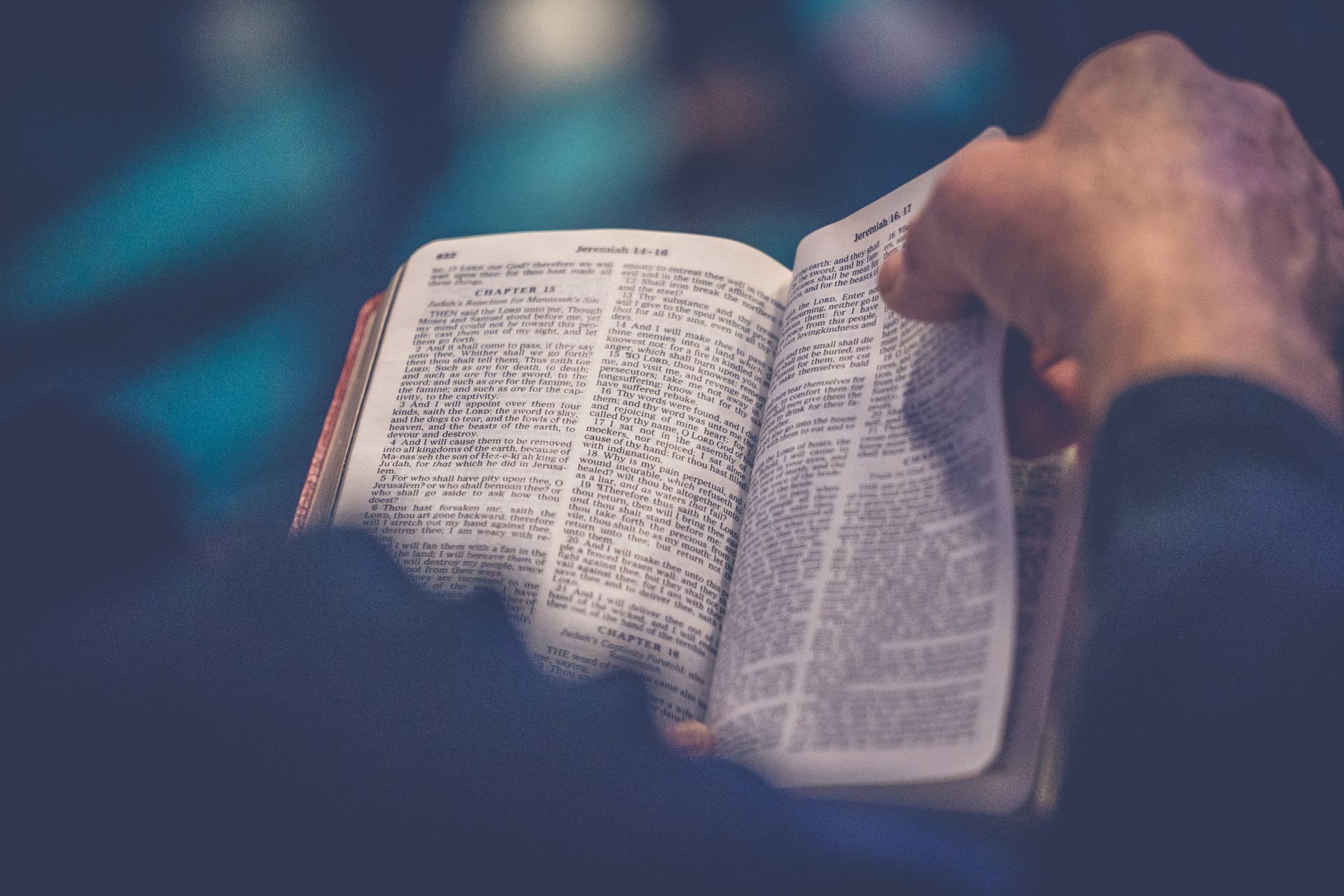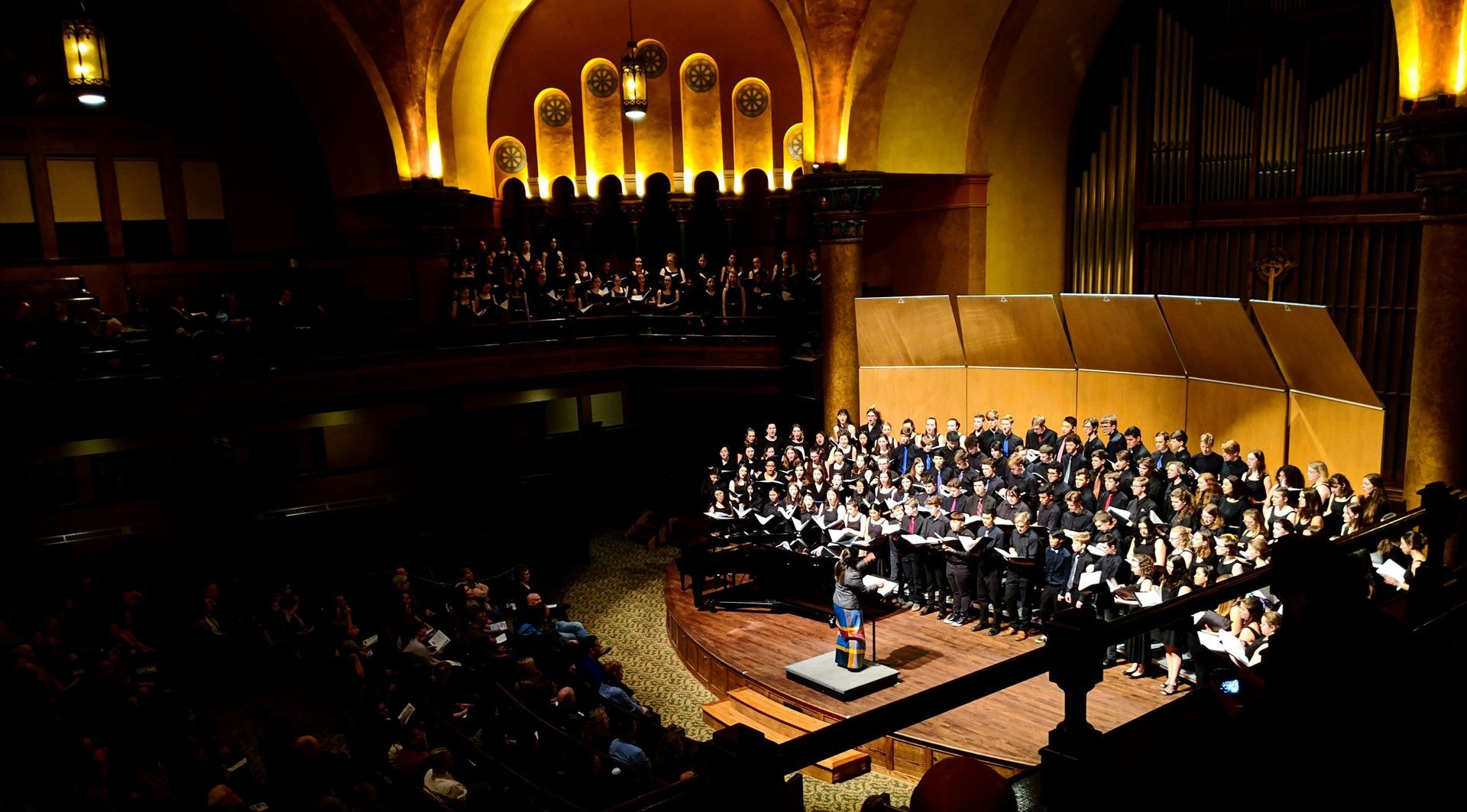214-351-1901
info@cathedralofhope.com
Tuesday - January 16, 2023
SCRIPTURE
Acts 5:1-11
Now a man named Ananias, together with his wife Sapphira, also sold a piece of property. With his wife’s full knowledge he kept back part of the money for himself, but brought the rest and put it at the apostles’ feet.
Then Peter said, “Ananias, how is it that Satan has so filled your heart that you have lied to the Holy Spirit and have kept for yourself some of the money you received for the land? Didn’t it belong to you before it was sold? And after it was sold, wasn’t the money at your disposal? What made you think of doing such a thing? You have not lied just to human beings but to God.”
When Ananias heard this, he fell down and died. And great fear seized all who heard what had happened. Then some young men came forward, wrapped up his body, and carried him out and buried him.
About three hours later his wife came in, not knowing what had happened. 8 Peter asked her, “Tell me, is this the price you and Ananias got for the land?”
“Yes,” she said, “that is the price.”
Peter said to her, “How could you conspire to test the Spirit of the Lord? Listen! The feet of the men who buried your husband are at the door, and they will carry you out also.”
At that moment she fell down at his feet and died. Then the young men came in and, finding her dead, carried her out and buried her beside her husband. Great fear seized the whole church and all who heard about these events.
WORDS OF HOPE
This story about Ananias and Sapphira is a troubling one. What did they do that was so wrong as to cause their deaths? We’ll come back to that question.
Today is National Religious Freedom Day, a day whose observance was due to the work of Thomas Jefferson and James Madison on the Virginia Statute for Religious Freedom, which ultimately became the framework for the part of first amendment of the U.S. constitution, that says that Congress will make no law respecting an establishment of religion. This is supposed to keep there from being both political control of religion and religious control of government. Whether or not we are currently protected by the first amendment rests in how we understand the meaning of religion.
At the time the U.S. forefathers were writing the Constitution, religion was understood at its root to be a way of living that acknowledged a supreme being that was to be worshipped. This worship should happen in certain ways and people would be either rewarded or punished both on earth and in heaven based on how they lived their mortal lives. Much has been written about the nature of religion both before the time of Jefferson and Madison and after. It’s definition has morphed and thus so has the role of religion in culture and society.
Paul Tillich (1886-1965) was a Lutheran theologian and Christian existentialist. He wrote that religion is “the state of being grasped by an ultimate concern, a concern which qualifies all other concerns as preliminary and which itself contains the answer to the question of the meaning of life.” He also says, the basis for one’s religion is “whatever dominant concern serves to organize a person’s values, whether or not that concern involves belief in any unusual realities.” Thus, “religions” are constructs made by groups to fit their specific needs for living and understanding. And the freedom to do so is given in the first amendment of the Constitution.
Tillich’s definition can be construed to give movements such as Marxism, white-supremacy, and celebrity fandom the designation of religion. With any kind of freedom, perhaps especially religious freedom, should also come responsibility. At the basis of Tillich’s thought is not the rights and freedoms of the individual, but the place and responsibilities of the individual in the community. One’s “religious beliefs” should support the good of community. This is where much of today’s “religious thought” falls short. Much is done in the name of religion that benefits the individual or a very small group of people. Is practicing such a way of life guaranteed to us as religious freedom?
The notion of focusing on the individual may be where Ananias and Sapphira went astray. They sold property and lied about the profits saying that they had given the entire amount of their proceeds to the apostles. They were thinking first of themselves and in doing so lied also about their commitment to the community. Death seems like a harsh punishment for what they did and I suspect the fear that was felt by the people observing these deaths was terrifying as how many of them, and us, put our own needs and desires before the needs of our community?
As we go about our days, we must live faithfully through our “religious values” knowing that what we believe is what shapes and guides us, but that these same values and beliefs may not be the same ones that guide our neighbors. We do have the right to believe as we feel called. We also have the responsibility to do so in a way that does not harm others with whom we share the path.
PRAYER
O God, I give thanks for the freedom to love, follow, and proclaim your goodness. Guide my ways such that I will do these things responsibly —showing love, mercy, and compassion to those whose way is different from mine. Help me to create hope, unity, light, and joy in the communities in which I live. Amen
DEVOTION AUTHOR
Kris Baker
Order of St. Francis and St. Clare
Previous Posts






Useful Links
Cathedral of Hope
Proclaiming Christ Through Faith, Hope and Love
5910 Cedar Springs Road | Dallas, TX | 75235
214-351-1901
info@cathedralofhope.com
Contact Us
We will get back to you as soon as possible
Please try again later
